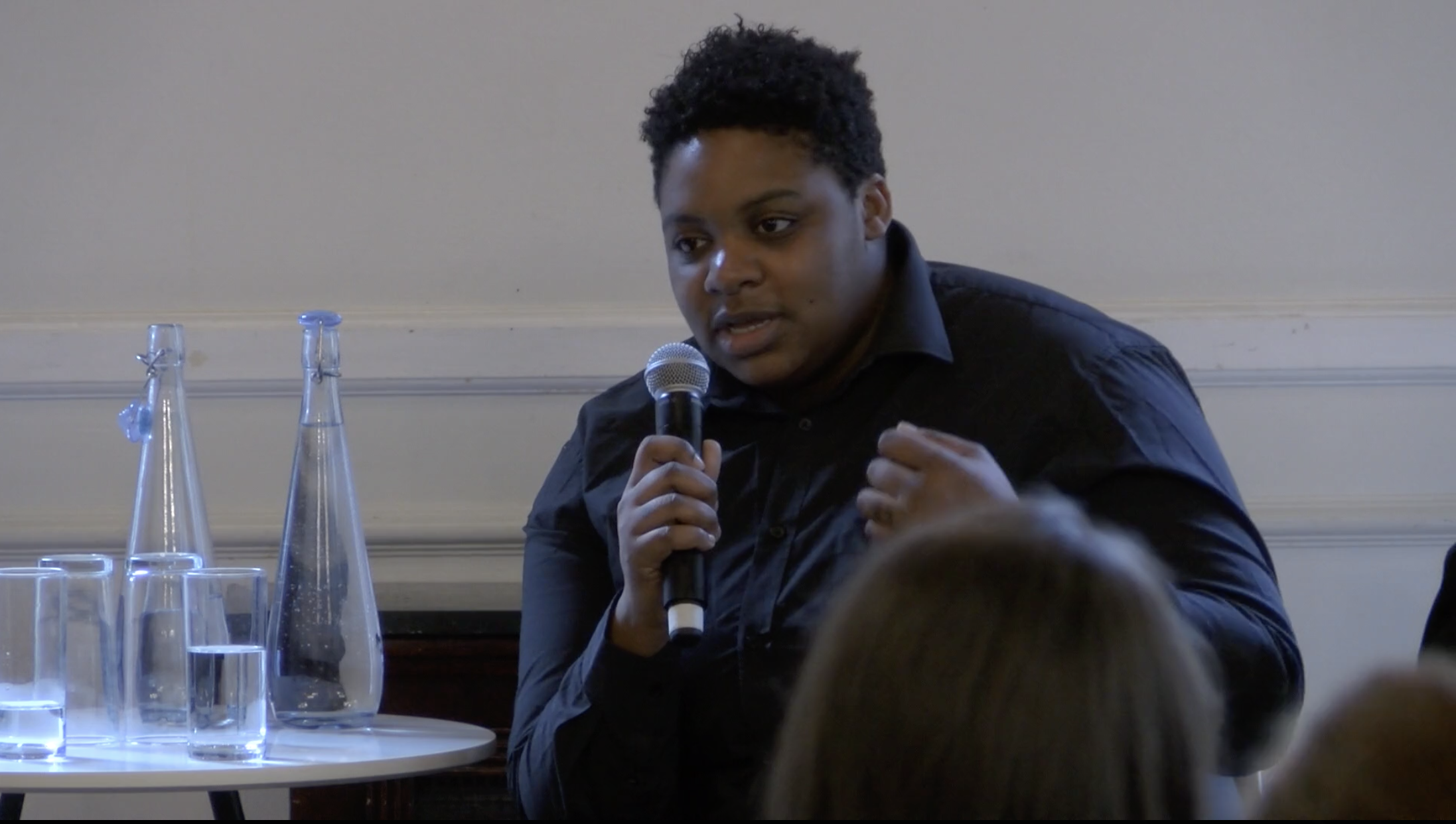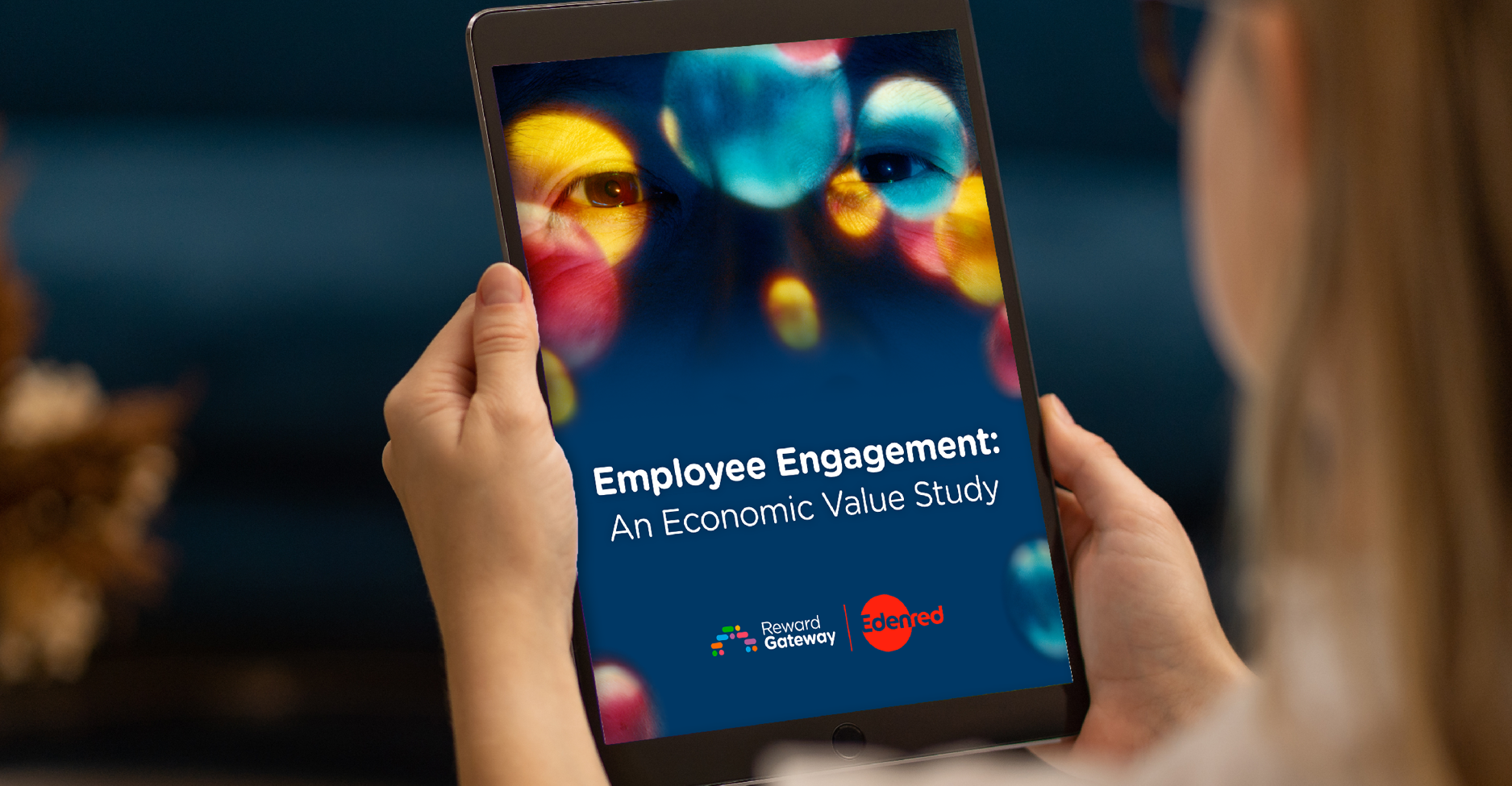4 min read
As part of my role at Reward Gateway, I spend my time researching different industries and exploring how the changes, trends and challenges they experience can impact their employees and HR teams. And it’s this kind of analysis I’ll be bringing to you in our new researcher’s bulletin, where we’ll be sharing examples of how HR professionals and leaders can navigate these business challenges to make the world a better place to work.
Over the past year, organisations spread across a number of industries have been faced with changing business landscapes and challenges.
Whether it be retailers trying to stay relevant to consumers driven by technology, convenience and price, or hospitality businesses trying to prepare for the impact that Brexit may (or may not) have on their already stretched talent pool, one constant theme running throughout all of these scenarios is uncertainty.
That uncertainty stems from the fear of people losing their jobs, or going through challenging restructures.
In particular, retailers or those in the hospitality industry may find themselves either faced with the prospect of closing locations and cutting jobs or ceasing to exist altogether, and that makes it tough to see the positive side of the uncertainty they face.
Download our eBook to take a closer look at how companies are engaging the modern workforce »
Analysis from KPMG, stated that if shops fail to deliver either "value, convenience, or experience” they will struggle, while a report carried out by Retailer Sir John Timpson found that Britain has twice as many shops as it needs, which can be frightening if you are in an employer or employee within that industry.
Businesses experiencing this kind of uncertainty may be left wondering how they will be able to retain and motivate employees, attract new talent or be seen as an employer of choice after such change occurs in their business.
%20(2)-1.jpg?width=500&name=Colour%20Run%202015%20Georgie%20Haslett%20Harriet%20Truman%20Perdie%20Alder%20Rhys%20Kirby%20Jess%20Telford%20George%20Dixon%20%20(100%20of%203)%20(2)-1.jpg)
Light at the end of the tunnel
Although much of the focus during times of uncertainty is geared towards how many employees might have to be let go from a business, at the recent HRD Summit in Birmingham and at our own Engagement Excellence Summit, I witnessed a plethora of inspiring stories from organisations, faced with uncertain times that are using their situations as a platform to inspire their existing employees and appeal to new ones.
The example that stood out the most to me was the Co-op Group, which has revolutionised its business even through times of change, increasing their sales by 10% and announcing plans to open up 100 new stores this year by redefining its external and employer brand and communicating that externally. Just take a look at the video on its website on the brand history:
There were so many other brilliant examples out there that made me excited for the future on how companies are investing in their employer brand to be an employer of choice.
From Eurostar allowing a team of graduates to create and manage the company’s official video content and LinkedIn campaigns to the UK arm of Warner Brothers building a leadership development programme across London, Paris and Hamburg which is now being implemented globally, many organisations are absolutely going for it when it comes to employer branding and talent empowerment, despite their respective market conditions and challenges.
A wonderful example of a hospitality business daring to do something different with recruitment comes in the shape of a restaurant chain, Honest Burger. The casual dining business partnered with Working Chance, a charity dedicated to helping women leaving prison to find employment.
The socio-benefits of an initiative such as Working Chance are clear; women on the programme have only a 1.5% chance of being re-convicted, compared to the UK average of over 50%.
Despite these numbers, in an industry which is fiercely competitive and unpredictable (even more so if you’re selling burgers!) it takes courage to source employees outside of traditional talent pools.
We recently featured its story at our Summit, which you can check out here.

Watch the Honest Burger panel discussion »
These examples show us that businesses will always have to face uncertainty from developments in technology, new competitors, changing consumer behaviours, crowded markets and political instability. But these moments of uncertainty create opportunities for organisations to propel their employer brand, find talent from new sources, communicate (or re-communicate) their vision, develop leaders and rally employees around their mission.
I’m looking forward to seeing what the rest of the years brings. How are you taking advantage of the opportunities you're seeing in the current landscape?

 Tom Conran
Tom Conran



